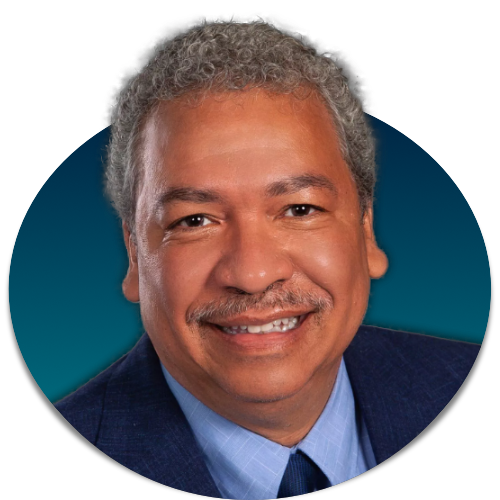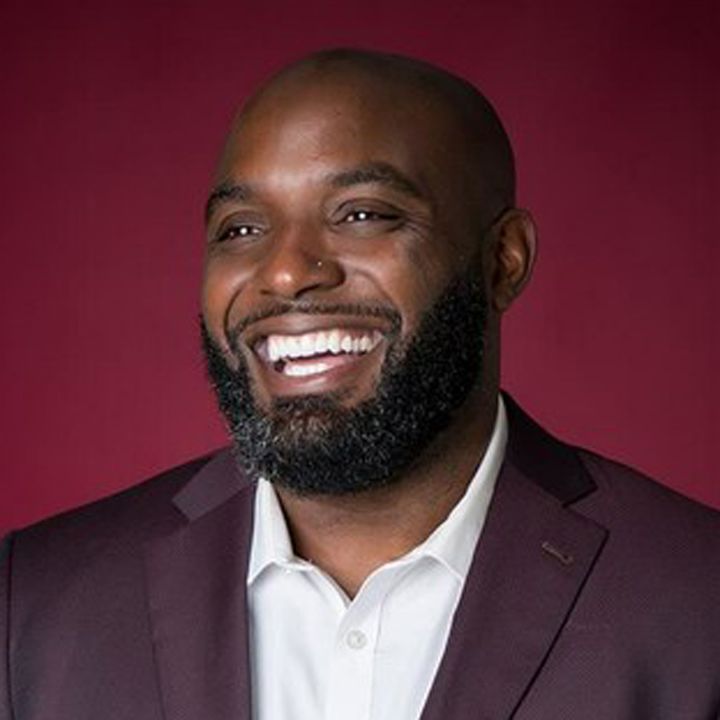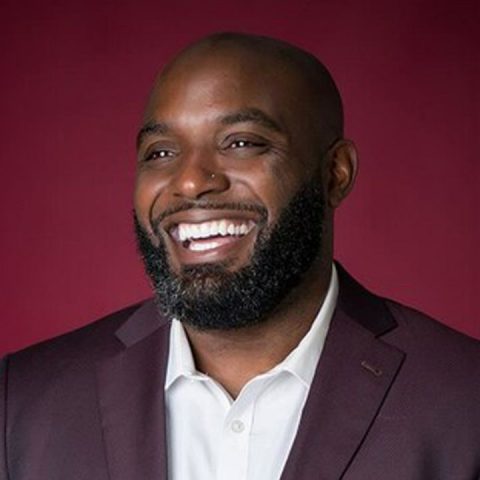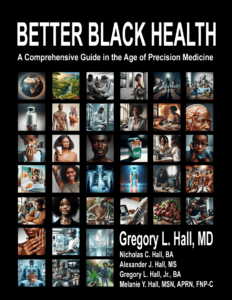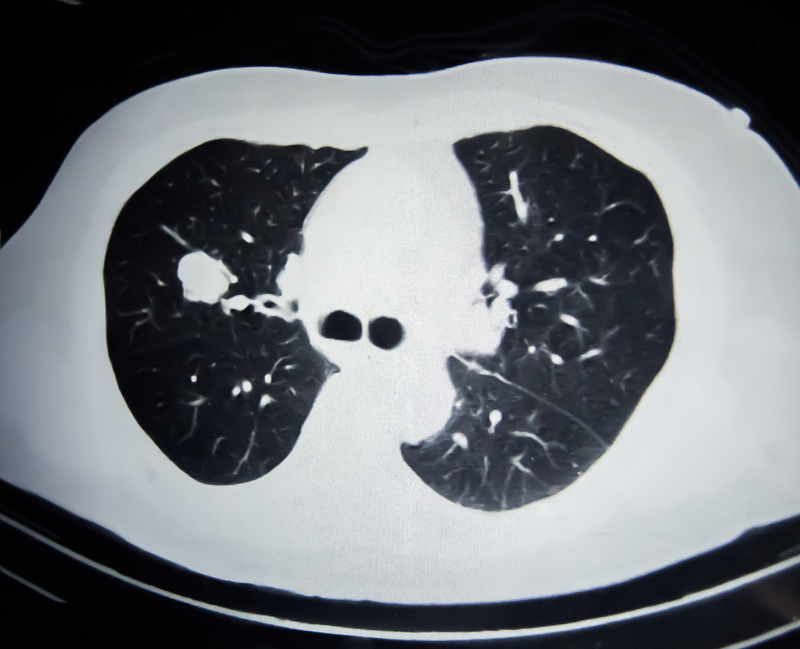Better Black Health with Dr. Greg Hall welcomes urologist and surgeon Randy Vince, MD who is the Director of Minority Men’s Health at the Cutler Center for Men at University Hospitals of Cleveland and an assistant Urology professor at Case Western Reserve University. They review what the prostate is and what it does, as well as discuss the prevention and treatment of prostate cancer. Black men have three times the risk for prostate cancer compared to Whites and an even higher risk compared to Hispanic/Latinos, and Asian Americans. Screening is now as easy as a blood draw, and there is no need for a rectal exam thanks to a lab test called the “PSA.”
Prostate Cancer and African American men
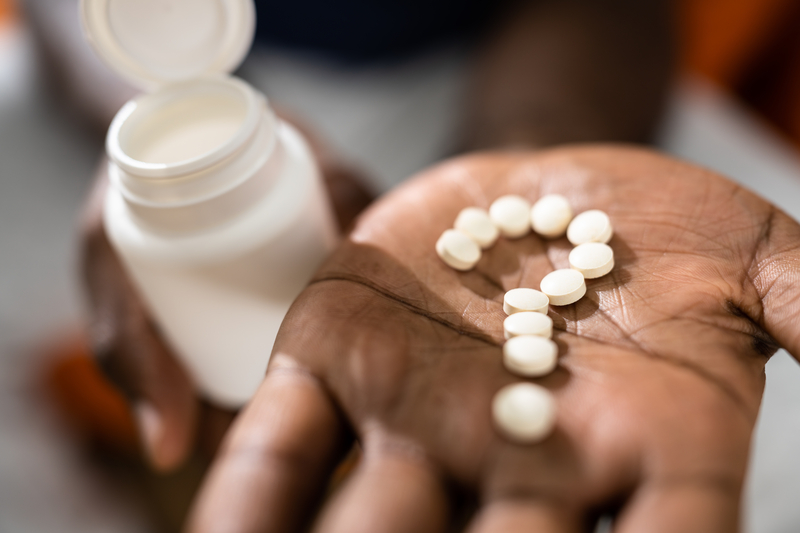
There are several factors that contribute to higher prostate cancer rates in African American men. These include genetic predisposition, disparities in access to healthcare, and socioeconomic factors such as lower income and education levels. Additionally, cultural beliefs and stigmas surrounding cancer screenings may also play a role in delayed diagnosis and treatment among this population.
Genetic predisposition plays a significant role in the higher prostate cancer rates among African American men. Certain genetic variations are more common in this population, increasing their susceptibility to developing the disease. This highlights the importance of targeted screening and early detection efforts to address this specific risk factor.
Mental Baggage Leads to Late Diagnosis
Cultural beliefs and stigmas surrounding cancer screenings can lead to a reluctance among African American men to undergo regular prostate cancer screenings. Some cultural beliefs may view cancer as a taboo topic or associate it with weakness, leading to a fear of diagnosis or treatment. This can result in delayed detection and more advanced stages of the disease when it is finally diagnosed, making it crucial to address these beliefs and promote education and awareness within the community.
To address cultural stigmas and encourage screenings among African American men, targeted community outreach programs can be implemented. These programs should focus on providing culturally sensitive education about the importance of prostate cancer screenings, debunking myths and misconceptions, and addressing any fears or concerns. In addition, collaboration with community leaders, healthcare providers, and organizations can help to promote a positive narrative around cancer screenings and create a supportive environment for men to prioritize their health.
Schedule your mammogram . . .
